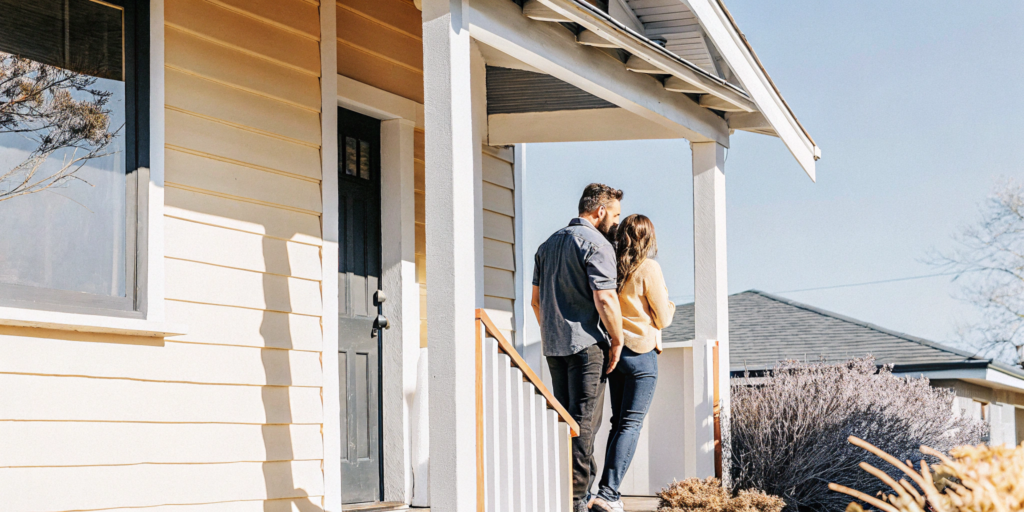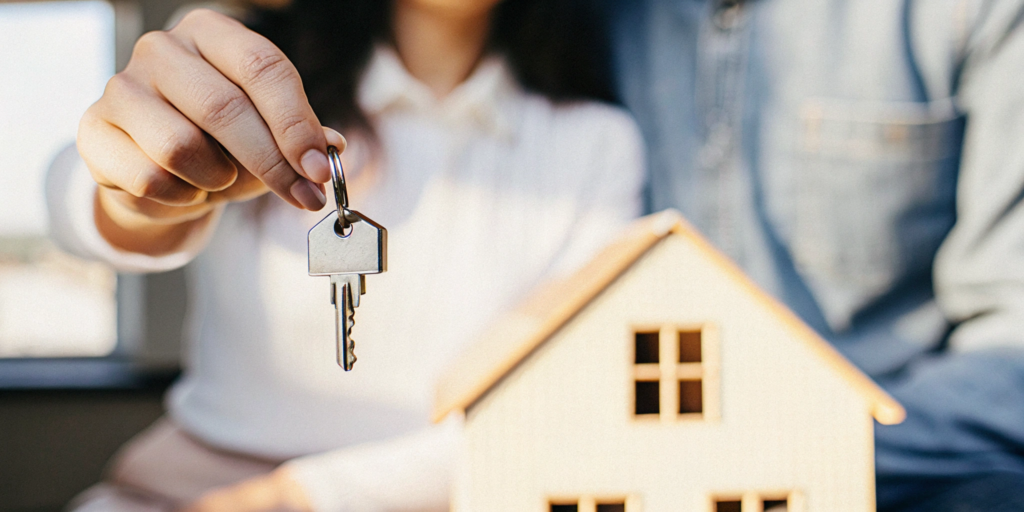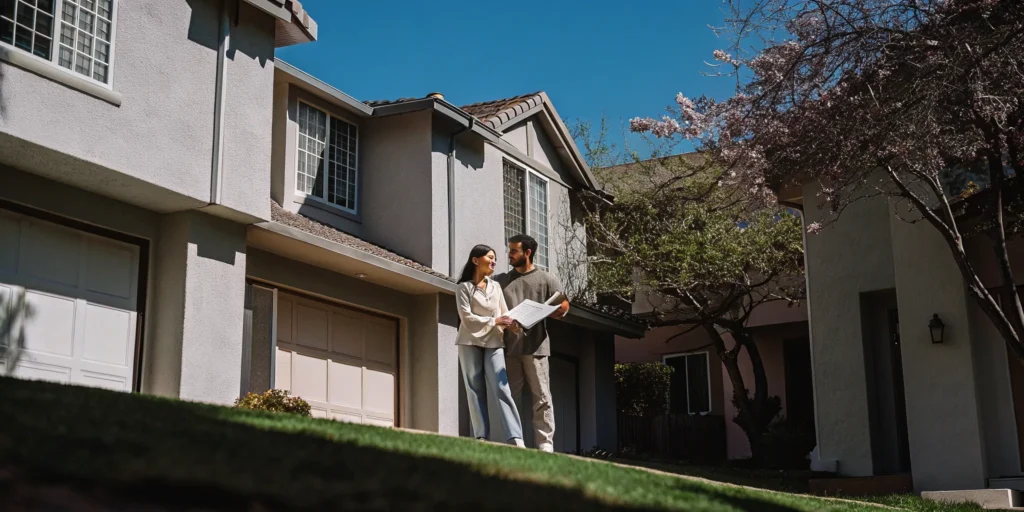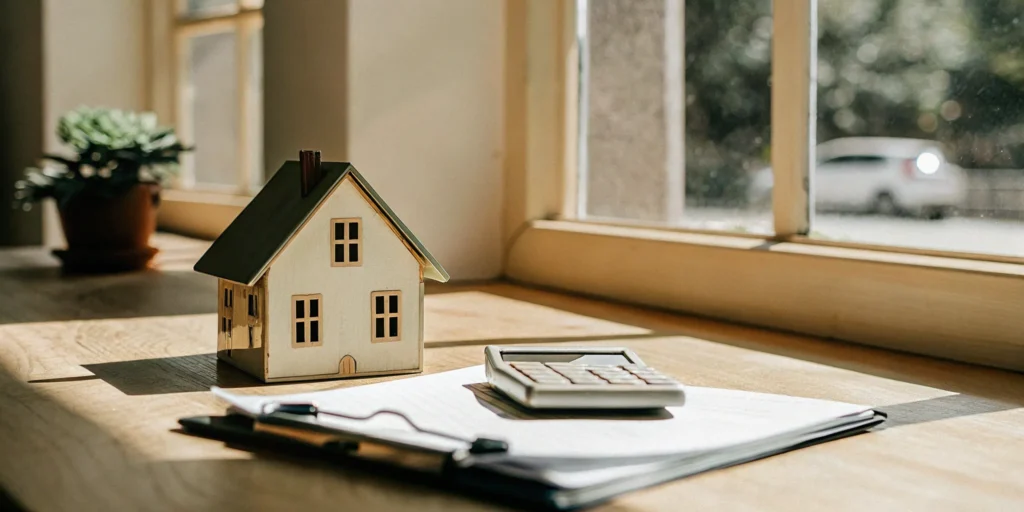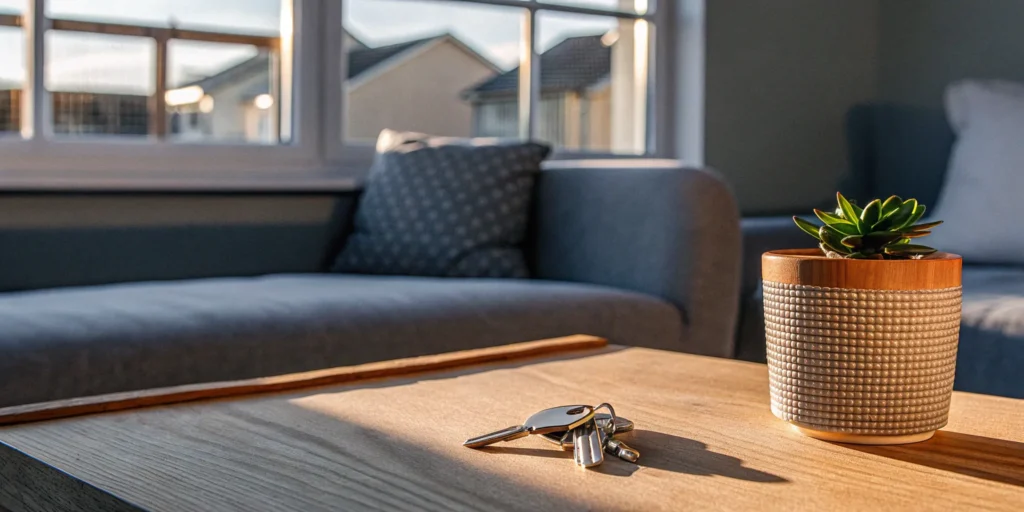When you set up your mortgage payment, you will likely see different items included. Typically, a monthly mortgage payment is made up of principal, interest, taxes, and insurance. All these items combine to create one payment that goes directly to your lender. But the lender isn’t in charge of property taxes or insurance, right? So why do they collect these two payments? The answer lies in the escrow. What is an Escrow? In broad terms, escrow refers to one party collecting money to be disbursed to another party later once certain conditions are met. You’ve likely heard the term during the home buying process. When you pay an Earnest Money Deposit, the funds are held in escrow to be applied to your down payment once you close and purchase the home. Usually, a lawyer holds onto this money until closing. Once you own the home and are making monthly payments, a similar setup works. This time, it applies to your taxes and often your insurance. Your lender sends you a monthly bill that covers the actual loan. They also collect your taxes and insurance payments and send them to your city or county and to your insurance company on your behalf. Your statement details just how much of your monthly payment goes toward these expenses. Does An Escrow Change? Every year, your lender reviews your payment and if the amount that they collected from you each month was enough to cover your taxes and insurance. If it is more than enough, they adjust your payments for the upcoming year to collect less. The principal and interest on your loan remain the same but your taxes or insurance can go down, resulting in a lower payment. The reverse can also be true. If your lender did not collect enough to cover the taxes and insurance, you will need to increase your payments to pay more the following year. You also must make up the difference from the previous year. Most lenders allow you to make a one-time lump payment or work the balance into the upcoming year’s payments. The most common factor that raises or lowers your payment is a change in your taxes.

